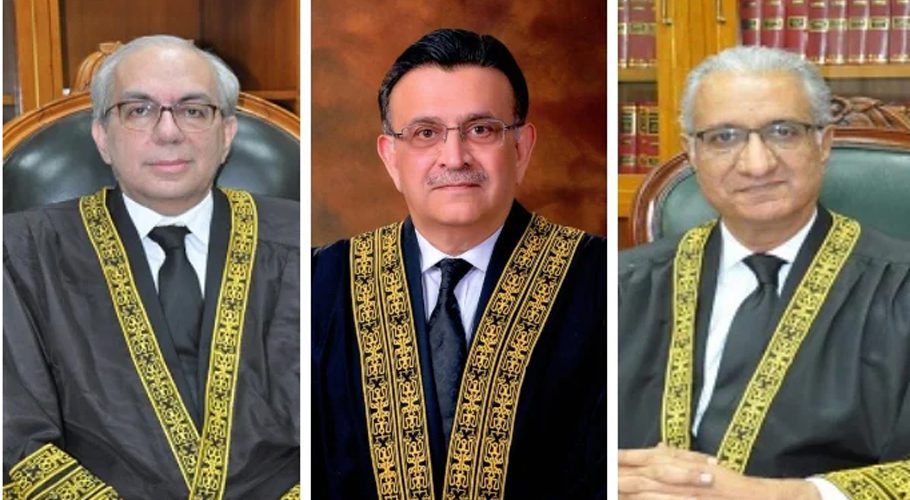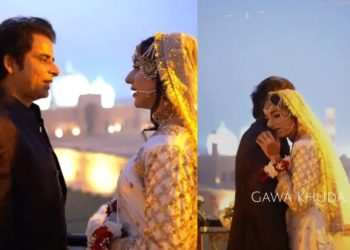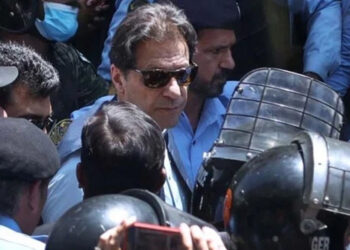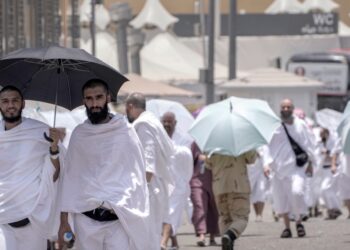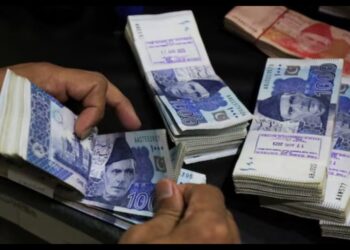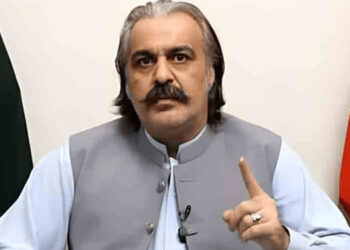![]() Follow Us on Google News
Follow Us on Google News
ISLAMABAD: Supreme Court (SC) Justice Ijazul Ahsan on Monday remarked that the constitution clearly states that the parliamentary party has been empowered to issue directives to lawmakers.
Earlier, Punjab Assembly Deputy Speaker Dost Mazari had dismissed PML-Q’s 10 votes after party head Chaudhry Shujaat asked them to vote in favor of Hamza, but they did not follow his instructions. But the PTI and Elahi did not accept this and approached the top court.
The remarks from Justice Ahsan came early on Monday during the Supreme Court hearing on Punjab Assembly Speaker Pervez Elahi’s petition challenging the ruling of Deputy Speaker Dost Mohammad Mazari in favour of Hamza Shahbaz during the CM election.
Justice Ahsan observed that only the members who were part of the assembly were included in the parliamentary party. “There is a difference between political party and parliamentary party,” he remarked.
The judge questioned whether the same person could issue a declaration as well as instructions to the parliamentary party.
He remarked that the Constitution was clear regarding the declaration of defection.
The former head of the Supreme Court Bar Association Latif Afridi said “The review petition in the Article 63(A) case should be fixed before a full court.”
He added that the political crisis in the country was deepening over time.
At this, CJP Bandial said that he was honored that the former SCBA chief had put the matter before him, but noted that the court would take a decision after hearing all parties in the case.
CJP Bandial said that he did not want to issue a one-sided order and neither would he arrive at a decision under the advice of 10 former presidents.
During the proceedings, SCBA President Ahsan Bhoon said that he could not “imagine” pressurizing the court, but noted that the review petition on Article 63A should be heard.
“What’s the hurry Bhoon sahab, let us hear this case first,” CJP said.
Barrister Ali Zafar — who is representing Elahi in the case — said that he has also remained the president of the bar. “The bar presidents should not be involved in such matters.”
Justice Akhtar observed that Article 63-A had been made part of the Constitution through the 14th Amendment and asked the counsel to present his legal arguments regarding the party head.
Awan responded that the 18th Amendment had further elaborated on Article 63-A. “According to the verdict of [former] justice Sheikh Azmat’s eight-member bench, all the decisions are taken by the party leader,” he said.
However, Justice Akhtar said that there were two rules to cast votes in accordance with the party policy. “Prior to the 18th Amendment, Article 63-A used to refer to the party head’s instruction.
“After the amendment, the party leader was replaced by the parliamentary party,” he observed.
Last week, the top court asked Chief Minister Punjab Hamza Shahbaz to stay “trustee” CM till Monday (July 25) and limited his powers, noting that if he appoints someone against merit, it will be considered null and void.
A three-member bench — headed by Chief Justice Umar Ata Bandial, and comprising Justice Ahsan and Justice Munib Akhtar — is holding the hearing at the Supreme Court’s room number 1.







